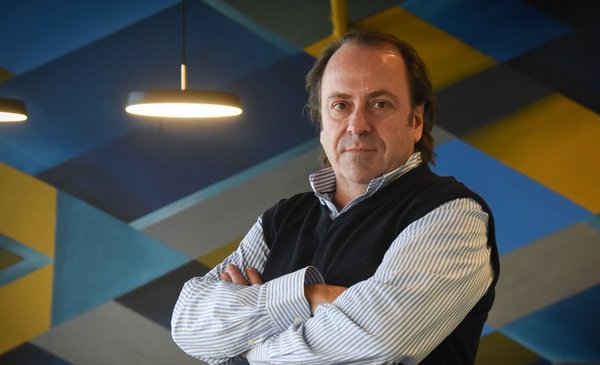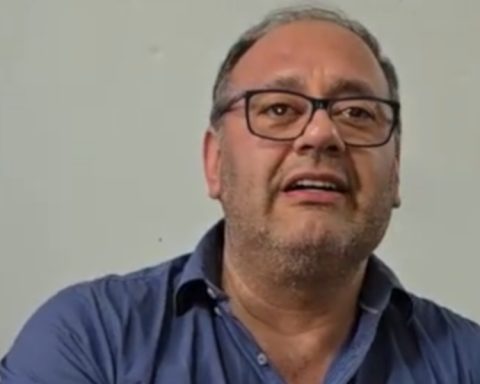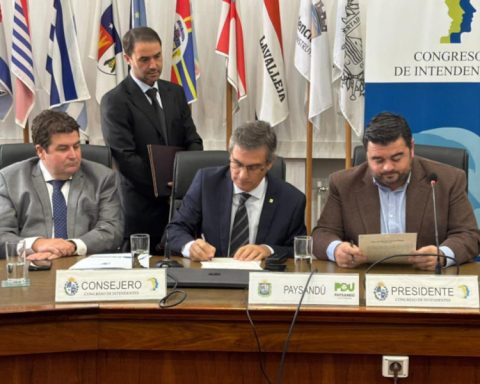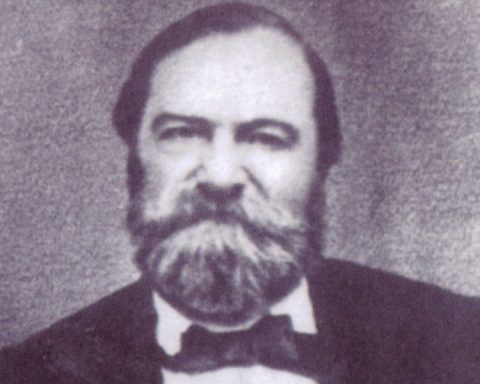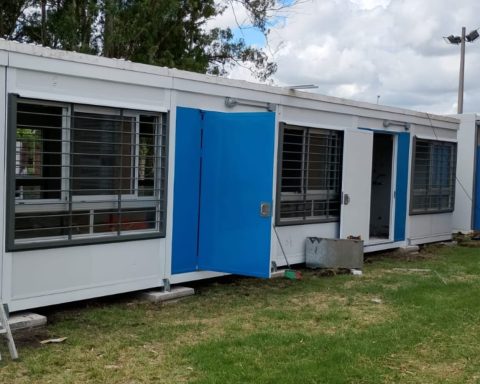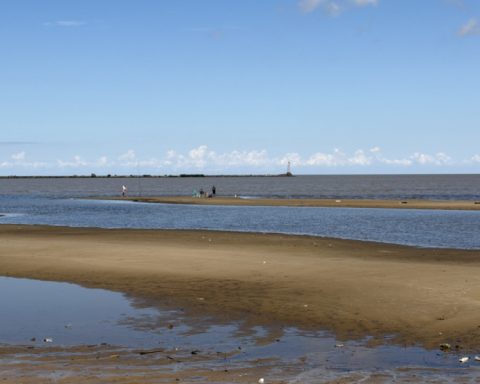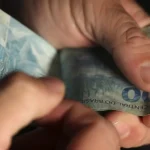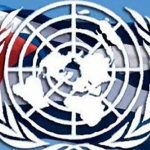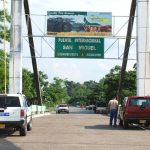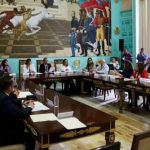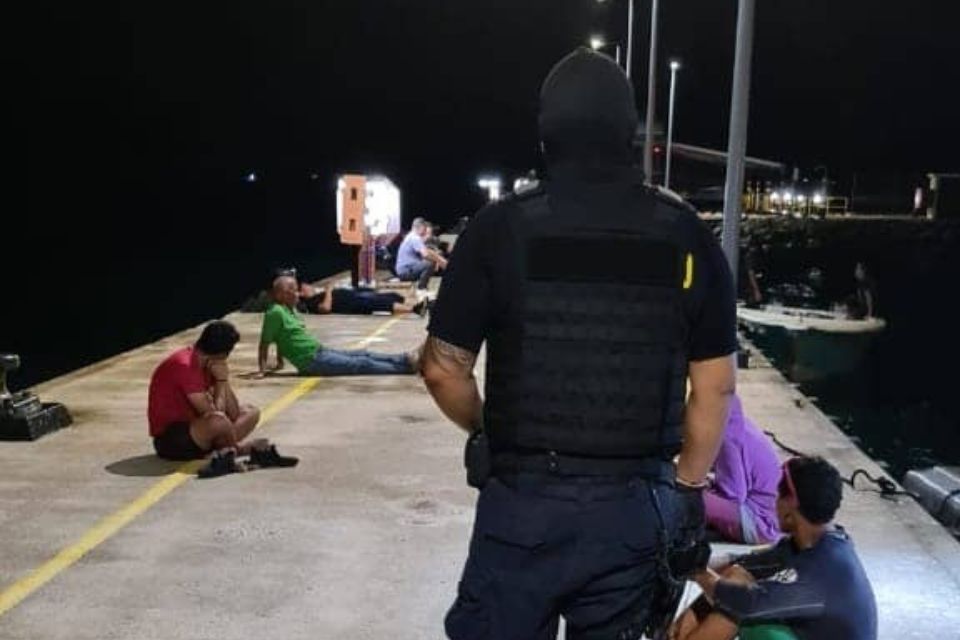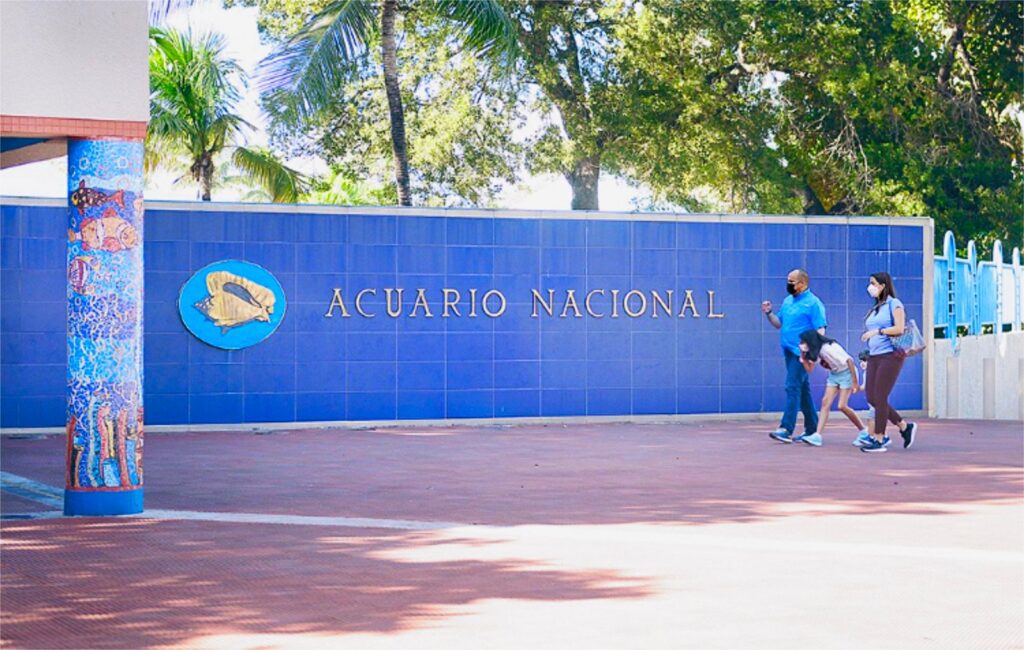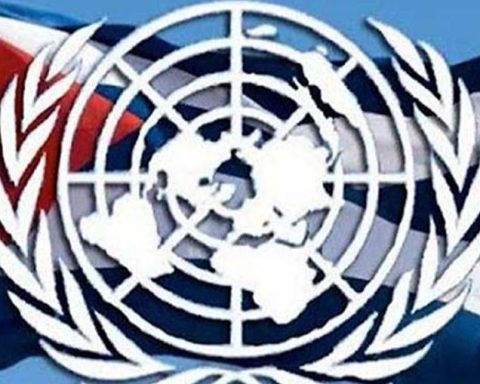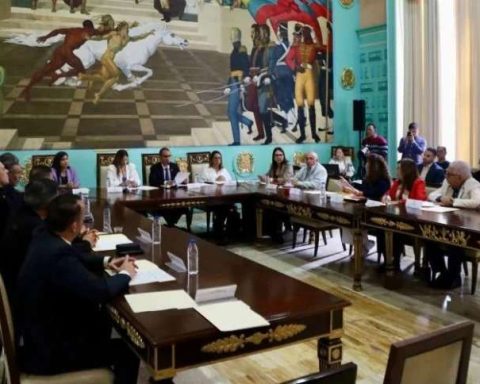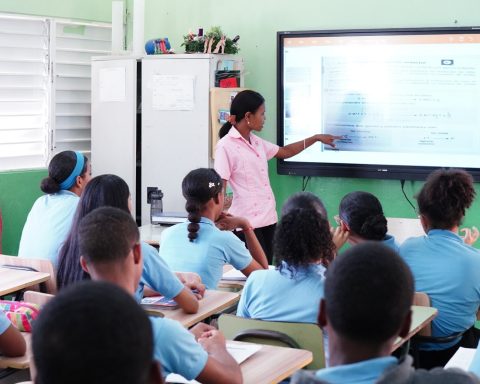Marcelo Peroni has a degree in Business Administration and a master’s degree in Health Business Management. He has been working in health and service marketing management for three decades. He worked for the main companies in the sector in Uruguay and, today, is the Marketing Manager of UCM Falck.
“I am proud to have started my career at UCM at the age of 18”, recalled Peroni, who took the first steps of his career as a salesman. “I paid for my career thanks to that work,” said the manager. He points to three milestones in his career: the development of the mobile emergency market through product diversification in the 1990s, the creation of the comprehensive coverage private health insurance market, and the development of the comprehensive coverage insurance market. international. Over time, as an independent consultant, he continued to build the relationship with the UCM group and, in his current role as manager, is one of the promoters of the strategy that seeks to distinguish UCM in a market that he considers saturated and commoditized, for which the quality of care is key. “A fee for a mobile emergency cannot cost the same as three bottles of soda,” said the manager in this regard.
Within the framework of its differentiation strategy, UCM recently launched the Value of a Life plan, with the support of the Ministry of Public Health and the Honorary Commission for Cardiovascular Health, in which initiatives are deployed that aim to double the resuscitation rate after suffering an out-of-hospital cardiorespiratory arrest.
Below is a summary of the conversation between the Marketing Manager of UCM Falck, Marcelo Peroni and Coffee & Business.
How do you see Uruguay in terms of health?
We all live here and we don’t realize it, but we Uruguayans are privileged because of how the health system works in general. Uruguay has an average level of access to health services that is a reference in all of Latin America. It is incredible how the entire population has universal access to a basket of high-quality medical services. The system that finances health is also very good, Fonasa perfected the previous system of Disse and that was the initial kick of universal access. In particular, there are some levels of attention that it’s amazing how they work. For example, when one explains to people from abroad at the highest level how part of the third level of assistance works, which is highly specialized medicine through the IMAE, which is financed through the National Resources Fund, they are surprised. It is a service in which it does not matter if you are the President of the Republic or an unemployed person, a very high quality service is provided that equals services upwards. At the other extreme, at the first level of care, there is a penetration of out-of-hospital mobile emergencies that is also a leader in the world. There is no other country that has this level of penetration. The role played by medical emergencies is essential for multiple reasons, for example, in the pandemic they played a key role in Uruguay by avoiding the concentration of people in hospitals, prioritizing home care and accompanying patients to finally obtain the results that we all saw Along the same lines, the role of mobile medical emergencies to complement the specialized cardiovascular assistance that is given in the third level of assistance, by having this level of penetration in the market, patients arrive in a timely manner to those IMAE that work 24 hours a day, 365 days a year and can be channeled with the best possible expectations in terms of their subsequent quality of life due to the quality and speed with which they are cared for and transferred.
How much is the penetration rate of emergencies?
It’s at 90%. In fact, the market for mobile emergency services is saturated at the moment. There is not much room to grow except by differentiating yourself by quality. With the advent of mobile emergencies, which are embedded within the mutual insurance companies, which give a free year of membership when joining, the quality of the service is undermined, because nobody works well for free, and they intend to compete on price, at the risk of sacrificing quality and, in short, a fee for a mobile emergency cannot cost the same as three bottles of soda. We are not talking about a “take 3 and pay for 2” promo, we are talking about the limit between life and death. It is a life-saving service that allows you to be certain that you will have a better quality of life after you recover. Many times, without this fast and safe assistance in the out-of-hospital setting, an inpatient center would not be reached in a timely manner.
What is UCM’s strategy to differentiate itself?
Historically, UCM has generated paradigms in the health market. The first was to have developed the category of pre-hospital medical emergency service, 43 years ago, from Uruguay to the world, which today has more than 300,000 members. The second paradigm was to have given the initial kick to private health insurance, by creating the first comprehensive coverage insurance in the country. And we are currently generating a new paradigm, revolutionizing care for cardiorespiratory arrest. UCM has a relatively high cardiorespiratory arrest resuscitation rate, around 16%, and we want to improve that indicator. In benchmark cities in the United States, that rate is less than 1% or 2%. We are talking about people who go into cardiac arrest in the street and die because they do not have a defibrillator nearby and because the people around them are not prepared to perform basic resuscitation maneuvers. Based on this need, we created a new strategy to give greater support to cardiorespiratory arrest care based on four pillars.
What are those pillars?
The first is the reorganization of outbound bases in our coverage area. For this we inaugurate a base on route 5 and the entrance to La Paz, another on the Interbalnearia and Camino de los Horneros, we will soon be moving our departure base in Carrasco, and we incorporate technology to evaluate and optimize arrival times throughout the coverage area. The second pillar is permanent training and especially the updating of all medical personnel, nurses and drivers with courses on basic resuscitation maneuvers and the use of automatic external defibrillators (AED). The third pillar is the incorporation of state-of-the-art AEDs in 40 home consultation cars. All this was done from a simulation in which we saw by georeferencing where cardiac arrests are generated and we superimposed them with the usual circulation of outpatient mobiles. This allows that, in addition to sending the ambulance, the closest car to that patient is assigned and thus have minimum arrival times with trained personnel. This is very important because after the six minutes that a person stopped, in each additional minute 10% of brain function is lost, so it is essential to raise awareness among the population. And that is the fourth pillar of our strategy. We created the Salva Corazones UCM community, a program in which we invite all our affiliates of legal age to a free course so that they know how to react to cardiorespiratory arrest, learn to perform basic resuscitation maneuvers and use the AED while specialized assistance arrives . The course lasts about three hours and has already started.
In this context, what relationship have they had with the authorities?
This project, called The Value of a Life, was presented with the Ministry of Public Health and the Honorary Commission for Cardiovascular Health (CHSC) and we believe that it is a new milestone in which UCM is the protagonist, because we want to double that rate of resuscitation: spend from 16% to 35%, with the consequent benefit for the whole society. Hopefully the other emergencies will join this initiative and we will be able to maximize the results.
How long do you plan to achieve this goal?
We set ourselves a deadline of 24 months, but we know that it is a permanent task that once achieved we will have to sustain. We even have the plan to generate scientific work with the CHSC to present it internationally, since if today we are international references in the first and third level of care, with this strategy we trust that Uruguay will be strengthened as an example in the resuscitation of out-of-hospital cardiorespiratory arrest. .
What other elements differentiate UCM in the market?
Today UCM is the only mobile emergency that has the support of an international group. FALCK is a company of Danish origin, a world leader in emergency services, with more than 100 years of experience, presence in more than 30 countries and close to 30 thousand collaborators in the world. This support is a differential when it would seem that the proposals are similar. UCM has always stood out for its ability to innovate and respond to the needs of the population quickly and safely, and the fact that Falck has a presence in Uruguay through UCM puts our country on the map of the best emergency medical coverage in the world. world.
